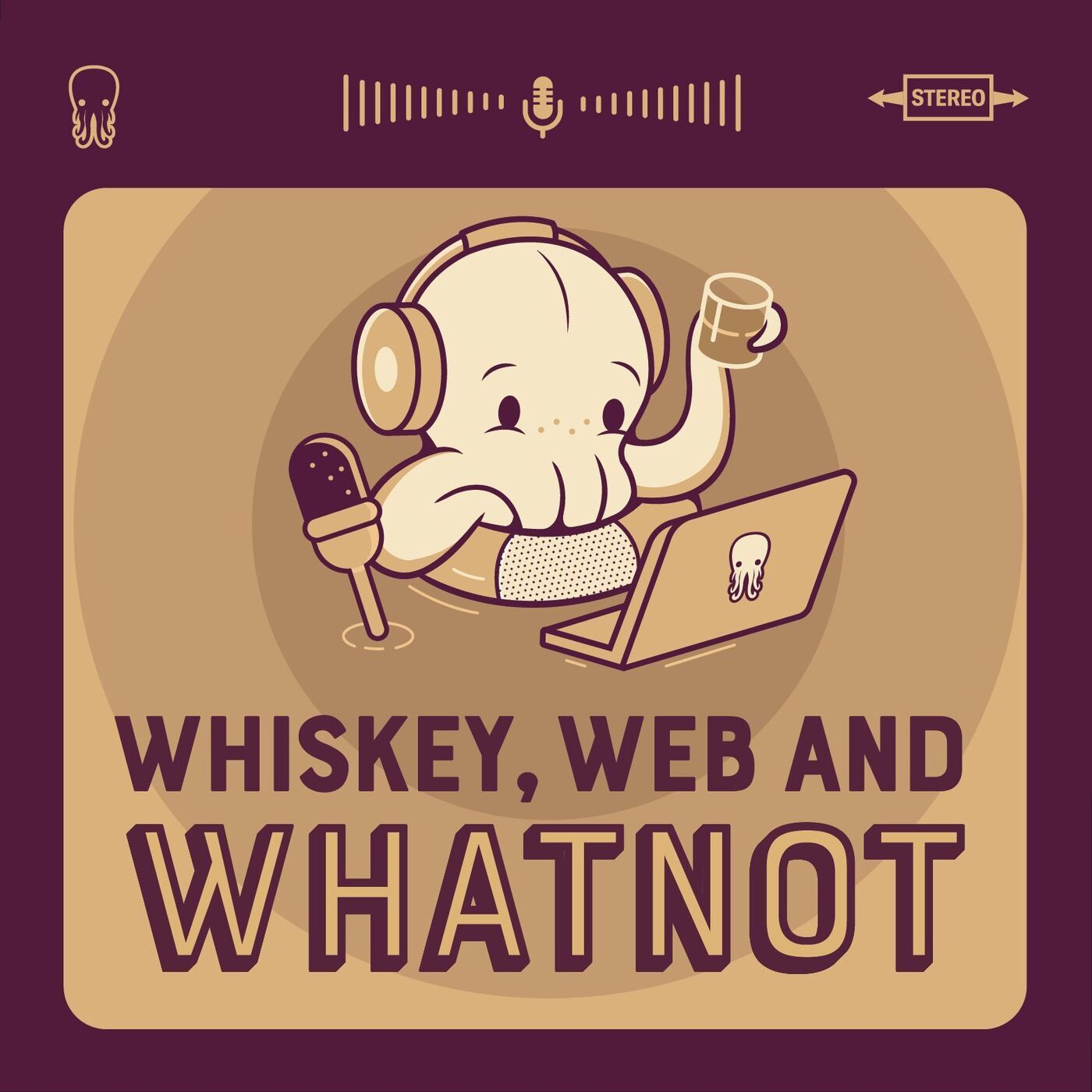51: A11y Hour with Crystal Preston-Watson
Accessibility is like learning a new language, leaving many developers wondering where to start. The answer is pretty simple, start anywhere. But the onus isn’t all on devs. Crystal Preston-Watson has partial sight and uses a screen reader in her day-to-day a...
Show Notes
Accessibility is like learning a new language, leaving many developers wondering where to start. The answer is pretty simple, start anywhere. But the onus isn’t all on devs.
Crystal Preston-Watson has partial sight and uses a screen reader in her day-to-day as a Senior Digital Accessibility Analyst at Salesforce, one of the largest tech companies in the world. As strange as it may seem, she never used a screen reader until she was asked to test one out in her previous role as a quality engineer. Once she got her hands on one, she saw just how much businesses excluded people with disabilities from their target audience.
Crystal knows first-hand how quickly the expenses rack up when the burden of accessibility is placed on people with disabilities. In her talks, she addresses this and other lessons on accessibility with a bit of humor to make the conversation more approachable and beginner-friendly.
In this episode, Chuck and Robbie talk with Crystal about pitching accessibility to higher-ups, the actual cost of accessibility, and her love for comedy and improv.
Key Takeaways
- [01:31] - An intro to Crystal Preston-Watson.
- [02:51] - A whiskey review - Johnny Drum Private Stock.
- [08:51] - Crystal explains accessibility.
- [11:08] - How to pitch accessibility to company leadership.
- [20:42] - Crystal’s guide to setting accessibility targets within a company.
- [30:24] - Crystal explains the cost and some of the challenges of being disabled.
- [40:41] - Crystal talks about her love for video games.
- [45:05] - Crystal talks about her love for improv.
Quotes
[17:07] - “Accessibility is everyone's concern. There are some really specific things that only a developer or tester or content creator can do, but at the end of the day, it's a very holistic thing, and everyone needs to be concerned about it.” ~ Crystal Preston-Watson
[21:33] - “If you have users that can't use your application, that is money wasted. And that's the thing, disabled people have money, and if they can't use your product then they're going to take that money somewhere else unless it is something that is very vital.” ~ Crystal Preston-Watson
[24:11] - “Everyone will use a mouse if they're not blind and visually impaired and that's just not true.” ~ Crystal Preston-Watson
Links
- Crystal Preston-Watson
- Crystal Preston-Watson LinkedIn
- Crystal Preston-Watson Twitter
- Johnny Drum Private Stock
- Salesforce
- Cardi B Wap
- It's Always Sunny in Philadelphia
- Jaws Screen Reader
- React
- Social Security Administration
- MacBook
- NVDA
- Sketch
- VS Code
- Figma
- Photoshop
- Hitman 3
- Lost Judgement
- Skyrim
- PS3
- Thief Gold
- Breath of the Wild
- Switch
- Offspring
- Soulsborne
- Dark Souls
- Elden Ring
- Stadia
- George R.R. Martin
- Degrassi
- Odyssey of the Mind
Connect with our hosts
Subscribe and stay in touch
Promos
Top-Tier, Full-Stack Software Consultants
This show is brought to you by Ship Shape. Ship Shape’s software consultants solve complex software and app development problems with top-tier coding expertise, superior service, and speed. In a sea of choices, our senior-level development crew rises above the rest by delivering the best solutions for fintech, cybersecurity, and other fast-growing industries. Check us out at shipshape.io.
See Privacy Policy at https://art19.com/privacy and California Privacy Notice at https://art19.com/privacy#do-not-sell-my-info.
